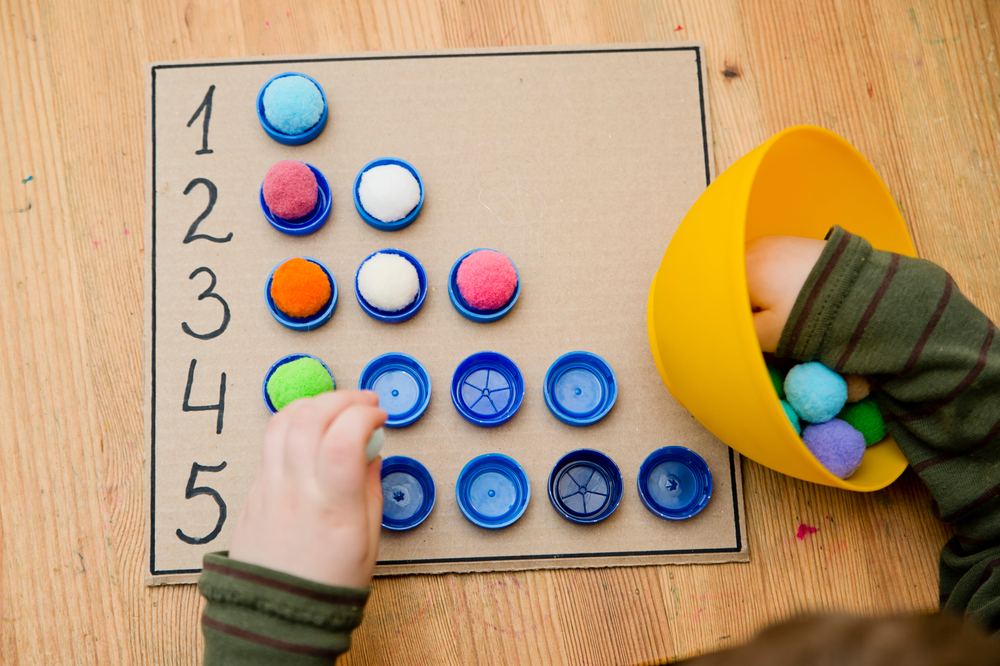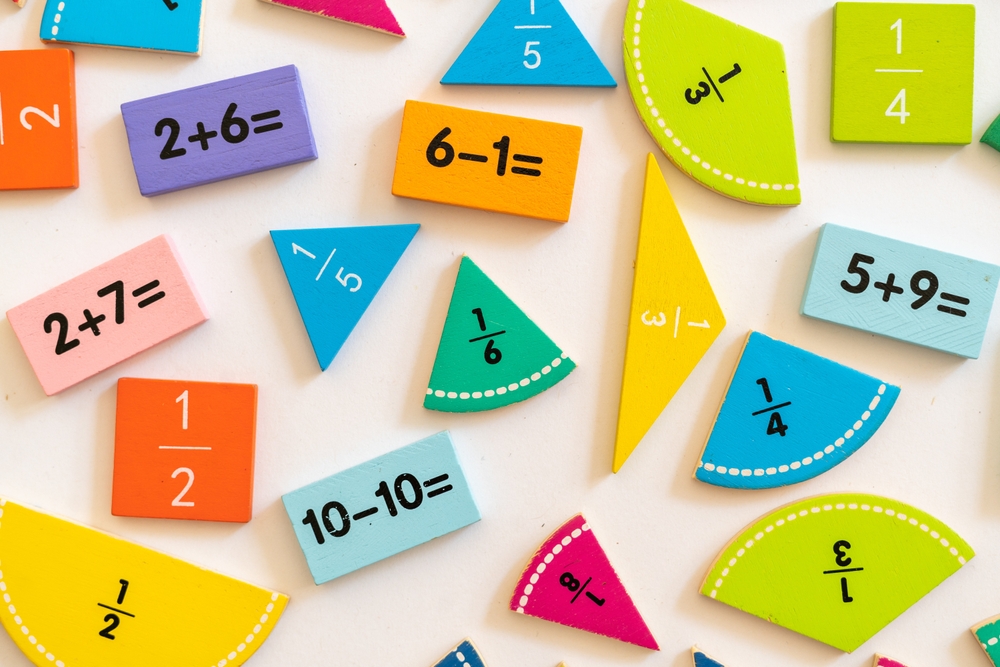Have you ever asked yourself why math skills are most affected by summer learning loss when there are so many subjects that are impacted by this phenomenon? Unfortunately, summer learning loss (which is not limited to summer holidays!) happens to many children, but it has been shown to disproportionately impact on children that come from lower socioeconomic families. This due to their reduced ability to access enrichment that can combat this learning loss, less access to books, and the inability to attend summer/holiday camps and activities—and these can all play a role in why maths skills are most impacted.
What Is Summer Learning Loss, and Why Does It Happen?

Also called summer brain drain, summer learning loss is a common problem that affects most students, and refers to a loss of academic skills or knowledge that students often experience during longer holidays due to what they learned at school not being reinforced, and the memories growing weaker until they are forgotten.
It is estimated that around half of all students experience brain drain, with up to 20% of the year’s learning being lost over the weeks, and 40% over the years of school—with some skills like mathematics and literacy being most affected. However, not all subjects are impacted the same, including the two right at the top. In fact, math skills take the biggest hit when long holidays come around, with between 70% and 78% of students experiencing a decline in maths skills—but what is the reason why math skills are most affected by summer learning loss compared to other subjects?
Why Is Maths Hit Harder Than Other Subjects?
The reason why math skills are most affected by summer learning loss is simple: most of us correlate mathematics to being in a classroom! Many people don’t see maths as something that is a part of everyday life and skills, think it only really belongs in the classroom, and are simply less inclined to hone these skills over the holidays.
Literacy summer learning loss is relatively easy to combat, as all you need to do is essentially pick up a book—but mathematics is seen to be completely different, and often much less enjoyable, but that doesn’t always need to be the case!
The Cognitive Skills Behind Strong Math Performance

The primary cognitive skills behind strong math performance include logic and reasoning, attention skills, working memory, and sequential/auditory memory. Studies have shown that general cognitive abilities are improved by learning mathematics, making it a useful skill to use in more ways than one, and something that we should all put effort into helping our children master it.
It’s important to mention here that if we want to help our children get better at maths, it’s crucial for us to also improve the aforementioned cognitive skills. To do this, options like brain training can be invaluable in strengthening our children’s brains to help them succeed—and we would love to help you in this regard. We offer customised brain training to support every person’s individual needs and prevent summer brain drain over long holidays through in-depth assessments and personalised training that always gets results.
How Do Long Breaks Disrupt These Skills?
Long breaks can disrupt crucial cognitive skills like attention, logic and reasoning, and memory because these things are often not practiced throughout these time periods. As a result, our brains forget how to do them and get out of practice—making the return to school especially difficult, and often knocking the confidence of even the brightest students.
Our brain’s ability to ‘switch gears’ is crucial, and going from a routine of learning to long holidays where there are no expectations or requirements from us will mean that we get used to being in the mindset of the latter. As information, processes, and theories are not reinforced over this period of time, our brain’s memories of these things will weaken until they cannot be retrieved and used. Because mathematics is less likely to be practiced during the holidays, it should come as no surprise why math skills are most affected by summer learning loss for most children.
What Are Some Ways to Keep Maths Skills Sharp Over the Summer?

Now that you know why math skills are most affected by summer learning loss, what can you do to prevent this from being a problem in your household? Fortunately, there are numerous paths you can take that work, and it all depends on your children and what works for them. Whether you want to encourage your children to play games that involve math, practice the skill in everyday activities, find ways to do maths at home, or read math stories, you need to make sure that you are involved every step of the way and offer encouragement.
You as a parent or guardian will likely need to do some research about what kind of maths your children should be learning and building on their skills to encourage cognitive skills retention.
Play Games That Involve Math
Not only can you play games like Monopoly, Set, Yahtzee, and more to scratch an itch, but these games can also help to build on math skills! There are all kinds of math games to enjoy, both online and offline, with some great on-screen options including Cool Math Games or Mathsframe. These sites have all kinds of math games that are suitable for different age groups and skill levels, and are well worth exploring as a means to tackle math summer learning loss.
Practice Math While Doing Everyday Activities
Everyday activities that you could easily incorporate math into includes grocery shopping (or shopping in general), where you can calculate discounts and totals, counting objects (perfect for little ones!), cooking or baking where you double a recipe, and even sports games and player statistics! Depending on what your everyday life looks like, there could be countless opportunities for your kids to practice math and further their skills while avoiding summer learning loss.
Find Easy Ways to Do Math At Home
Although a worksheet might be the easiest method, it doesn’t always land well (but some children might love it regardless!). Luckily, there are ways around this, like getting problem-of-the-day math calendars, money management, preparing food, and incentivising math practice and learning. For parents who aren’t sure what level of maths they should be helping their children with, Investigations has lots of useful resources.
Did You Know That Math Stories Exist?
To get in some maths and literature, why not go down the route of incorporating math stories into your routine? Get books based on your children’s math levels, and have fun with reading fun and cute stories that involve all kinds of math problems in an easy-to-digest way. Maths Through Stories has fantastic resources, or you can find a suitable one on Books For Topics, or look at Storybooks for free math stories.
How The Brain Workshop Helps Prevent Summer Learning Loss

If you want to know how to prevent summer learning loss, you need to understand what causes it first. Summer slide maths is something that you should actively work to avoid with your children over the course of long holidays, whether through your own activities at home, our brain training exercises, or even maths tutoring summer sessions.
The reason why math skills are most affected by summer learning loss comes down to the fact that mathematics is rarely practiced outside the classroom, and we are less inclined to do maths-related activities. However, there are mathematical activities for everyone to enjoy and learn from—you just need to find what works!
Help your child keep their maths skills sharp this summer — book a session with The Brain Workshop today. Learn more about us at The Brain Workshop, meet our team, check our events, or even read our FAQ.






